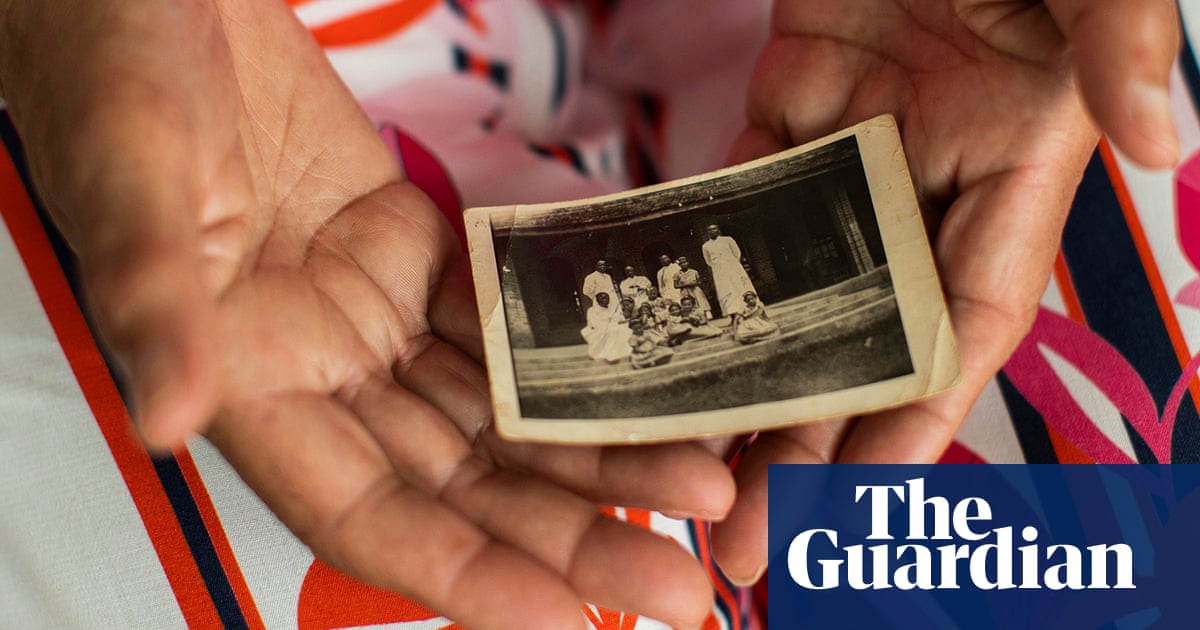This graphic novel, published first in German, is based on a true story, and if you don’t already know that tale (I’m afraid I didn’t), it will astonish you. A successful actor and her movie director ex-husband are kidnapped by an enemy state, so that they might make movies to please a dictator. On paper, this is the stuff of a disaster-ridden major motion picture, dreamed up by some crazed auteur. But it really happened. In 1978, Choi Eun-Hee, a celebrated actor in her native South Korea, was kidnapped by North Korean agents in Hong Kong, and transported to the city of Namp’o, where she was met by Kim Jong-il, the son of the Great Leader, Kim Il-sung, and then head of the country’s propaganda unit and film studios.
When Choi’s ex-husband, the director Shin Sang-ok, travelled to Hong Kong to try to find her, the same thing happened to him – though having twice tried to escape, he was eventually sent to a prison camp to be tortured and kept in solitary confinement (Choi’s surroundings were luxurious, even if she was unable to leave them). In 1983, Kim initiated, with no advance warning, a meeting between Choi and Shin at a dinner in Pyongyang. Reunited, the two of them rekindled their relationship and Kim, the film fanatic, now explained the reason for their kidnapping: they were to shoot big-budget masterpieces for him, movies good enough to be shown at film festivals around the world. In the years that followed, they duly made several films, including Pulgasari, a North Korean version of Godzilla. In 1986, however, while they were at a festival in Vienna, they gave their guards the slip, and made it to the American embassy where they requested asylum.

In Madame Choi and the Monsters, Patrick Spät (words) and Sheree Domingo (pictures) tell the story of Choi and Shin, and a version of the Korean folk tale on which Pulgasari is based (a mixture of bear, elephant, rhino, tiger and bull, the Pulgasari is a devastatingly powerful creature that grows in size the more metal it eats). Both narratives are compelling; Domingo’s drawings, highly energetic and extremely economical, make them move at pace in spite of their complicated nature. But I found myself so captivated by Choi and Shin that, in truth, I would have been happy to read only about them. In particular, I would have liked to know more about what happened to them after their defection (though the authors do include a useful timeline at the back of their book). A bit of research courtesy of the internet reveals that, before the couple’s return to South Korea in 1999, many of its citizens believed they went north voluntarily (North Korea has always denied they were kidnapped). But this is perhaps to nit-pick: already the recipient of a prize in Germany, this is a fascinating book as well as (for me) an excellent primer, and I find myself rather haunted by Domingo’s distinctly ambiguous depiction of Choi in her traditional hanbok matched with a pair of very western outsized sunglasses.

.png) 1 month ago
15
1 month ago
15













































